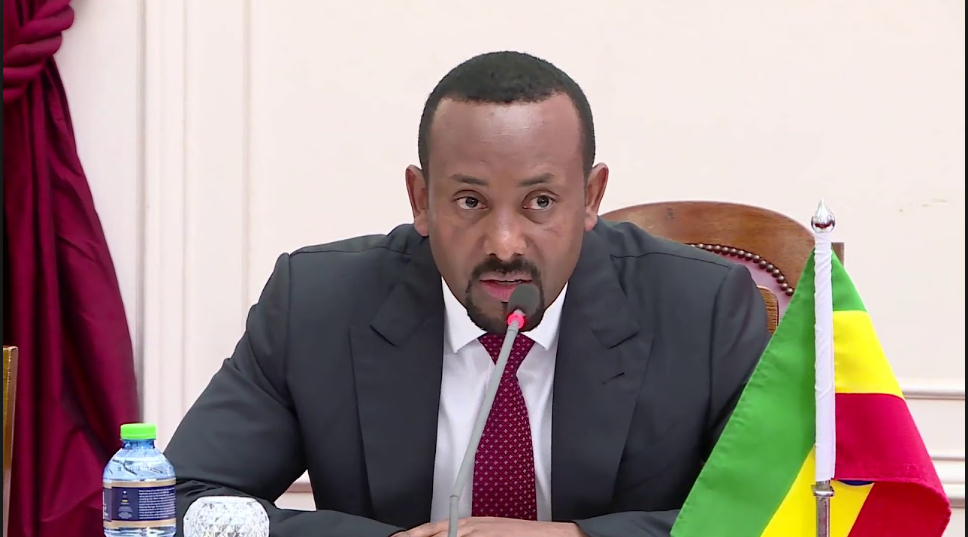
Sidama ethnic group steps up pressure on Ethiopia government

Ethiopia’s regional frictions may worsen this month if the small Sidama ethnic group makes good on its threat to unilaterally declare a new semi-autonomous region in defiance of the federal government.
The Sidama make up about 5 percent of Ethiopia’s 105 million people and are the largest of more than half a dozen ethnic groups in the Southern Nations region. Members say they will declare their own region on July 18 unless granted a referendum.
Ethiopia already has nine regional states, mainly along ethnic lines, with considerable autonomy which the Sidama also want.
Ethiopia’s constitution guarantees all ethnic groups the right to vote on forming a new regional state if their leaders request one. Achieving that status would gain them the right to levy some taxes, choose their official language, run their own security force and pass laws on issues including education and land administration.
The Sidama are emboldened by a more open political climate – and a weaker ruling coalition – since reformist Prime Minister Abiy Ahmed took office in April 2018 and eased the iron first of his predecessors.
However, that has also brought a surge of long-repressed rivalries between Ethiopia’s 80 plus ethnic groups, forcing 2.4 million people out of their homes and killing hundreds, according to the U.N. and monitoring groups.
The Crisis Group, which seeks to help reduce conflicts worldwide, said conceding to the Sidama could encourage other groups to follow suit and cause more chaos.
But blocking them could bring mass protests that may turn lethal in Ethiopia’s volatile and violent climate. “All options for managing the Sidama’s statehood demands come with risks,” the group said.
The Crisis Group said at least eight more ethnic groups are campaigning for region status.
Abiy addressed the Sidama issue on Monday, telling parliament the government had received their referendum request.
He urged patience and warned against “unlawful” action.
“The government will not bargain away the unity of Ethiopia,” he said.
The reforms and the regional muscle-flexing have weakened his ruling coalition, the Ethiopian People’s Revolutionary Democratic Front, which faced down years of protests and unrest before appointing him.
Sidama activists held a rally on Thursday in Hawassa, the capital of Southern Nations region and the city they want to be their capital.
“The people have already decided and we are making a lot of preparations,” said activist Tessema Elias, 33, an assistant professor of law at Hawassa University.
“The government simply has to recognize us and if they refuse to, this will lead to a crisis.”






